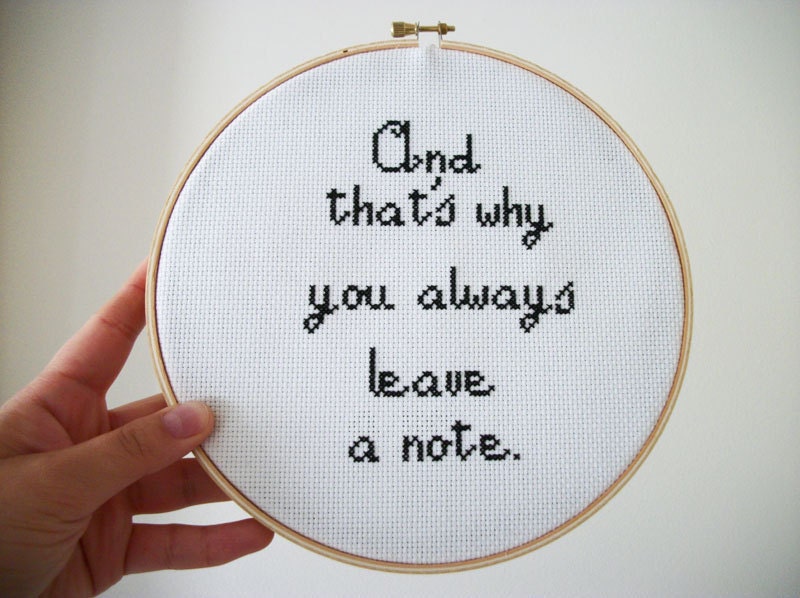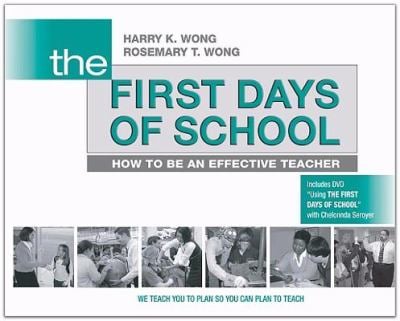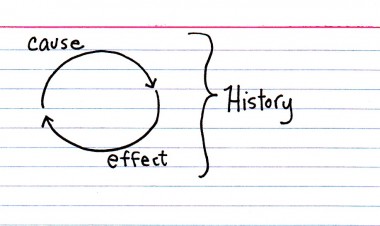As teachers, we talk a lot about asking better questions. I do not mean to diminish the importance of this topic - teachers must focus on asking excellent, thought provoking questions to build deep inquiry and colloboration among students.
But something happened recently. Based off of a student's excellent question, hidden within an ironically racist joke, I began to look at this topic a different way:
what can we do to encourage our students to ask better questions?
The class was African American Studies, and this particular hour was great for a sub. The kids were older (mostly 11th grade), socially adept, collaborative, fun, and active. Literally everybody got along with everyone else. They were also respectful towards me, granted I did have to be a little loud and unconventional to get and hold their attention. It was a really fun hour of my day.
There was about 15-20 minutes left at the end of class, and I used this time to build a discussion that started around the idea of Labor Day. During this, something interesting and eye-opening happened. A student, among a fit of laughter, raised his hand, hardly able to control himself. His friends, unaware of what was so funny, started laughing too and giving him some grief.
“Hey man, what are you doing?!” said one.
“Come on,” laughing, “pull it together,” from another.
I remembered his name and asked what he had to say. Inbetween gasping breaths, quietly and with a lack of confidence, “why isn't there cotton picker's day?” he chuckled. He then started to control his laughter after realizing what he said wasn't really that funny. Other friends around him followed suit.
At this time, my approach was not to chastise, demoralize, or in any way bring down self-esteem. He knew he was in the wrong. And this is an African American Humanities class after all, about 90% of the students were African American, and when you get down to it, his question had a lot of clout. It wasn't a deraillment – talking about this has more to do with the class than Labor Day. I bit.
With a straight face:
“All joking and word usage aside, that is a very important question and I appreciate you bringing it up. It makes me wonder: why do we choose to acknowledge some aspects of the past and not others in our holidays? Who makes that decision?”
No takers. I continued:
“But I think more importantly – does giving a group who struggled a holiday mend the past – whether unnamed labor workers or the topic that you had suggested?” I said, intentionally avoiding the verbage. “Does a holiday have that kind of authority?”
After providing a dramatic pause and wait time, there were still no responses. That's fine; students were thinking. I once again thanked the student, because without his input these ideas would have had no substance... And then promptly moved the discussion to the previously planned and less controversial topic.
My point:
Think back to your best teachers. Did they talk at you, or did they listen? Many will relate somebody who cared about them and about what they had to say.
Listen to your students. Give them the benefit of the doubt. Let them ask questions. And if its not what you were expecting, allow a little room to breathe. An important question from a student will build a better discussion, engage other learners, and promote lifelong-learning far more than one from a teacher.
Even if its teetering on the edge of completely unacceptable. As the saying goes: there is truth in every joke.
Q. Did I do something inappropriate? How would you have acted in this situation?
Q. What do you do to promote student inquiry?
I invite you to contribute by sending in questions, personal stories, thoughts, and articles about substitute teaching. Thanks for stopping by.








